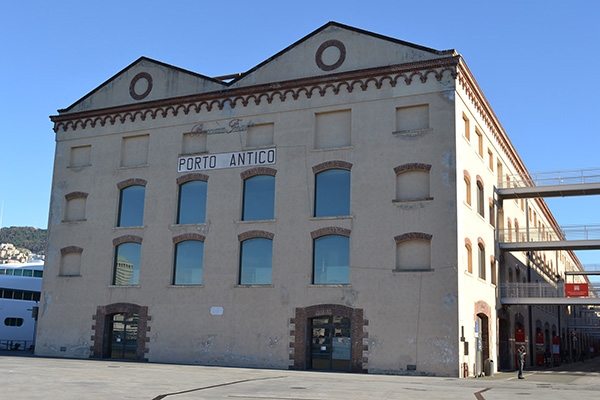De-minimis study

This blog focuses on a timely trade facilitation topic: The import VAT / duty de-minimis in the EU – Where should they be and what will be the impact?
Please find below the (partial) executive summary of the recently published CBRA study report titled “The import VAT and duty de-minimis in the European Union – Where should they be and what will be the impact?” You can download the full report here: CDS_Report_Jan2015_publishing_final_030215
The purpose of this study was to explore economic consequences, consumer behaviour and other potential implications of various VAT and duty de-minimis levels relating to the import of small, low value consignments into the European Union. De-minimis for the purpose of this study is defined as “a valuation ceiling for goods, including documents and trade samples, below which no duty or tax is charged and clearance procedures, including data requirements, are minimal”. Three specific research questions covered by this study are as follows:
- What are the economically optimal VAT and duty de-minimis levels for imports into the EU, considering the cost of tax collection for public administrations and the cost of import processes and procedures for the private sector?
- If VAT and/or duty de-minimis levels were to increase in the future, how would consumer behaviour change in terms of e-commerce imports from 3rd countries versus e-commerce and retail purchases within the EU?
- Which other political and economic implications could follow from potential decisions in the future to increase VAT and/or duty de-minimis levels in the EU?
The five main outcomes and conclusions of the study are:
- VAT de-minimis should be raised to 80 EUR from the current 22 EUR – this is due to the fact that the total cost of collection faced by Customs administrations and the private sector currently exceeds the revenues collected.
- While increasing de-minimis levels might affect the buying behaviour of consumers, such changes are not likely to be significant – for example, quality and dealer-reputation are more important to consumers in their purchase decisions.
- Raising the VAT de-minimis would enable Customs administrations across the European Union to reallocate resources towards higher priorities such as: the collection of higher revenues; anti-fraud activities; addressing product safety and intellectual property violations; and supply chain security.
- Development of an improved understanding of the costs faced by EU Customs administrations is crucial to the future enhancement of EU-level and national policy and regulatory decision-making in the future – as, today, significant shortcomings are apparent e.g. among the captured labour and technology costs.
- Investments in further harmonization and lean government programs across the EU are needed – as today there are significant and costly variations across Member States, for example in VAT-levels and rules, as well as in the practical implementation of customs procedures.
…. Please download the full report at: CDS_Report_Jan2015_publishing_final_030215



Leave a Reply
Want to join the discussion?Feel free to contribute!